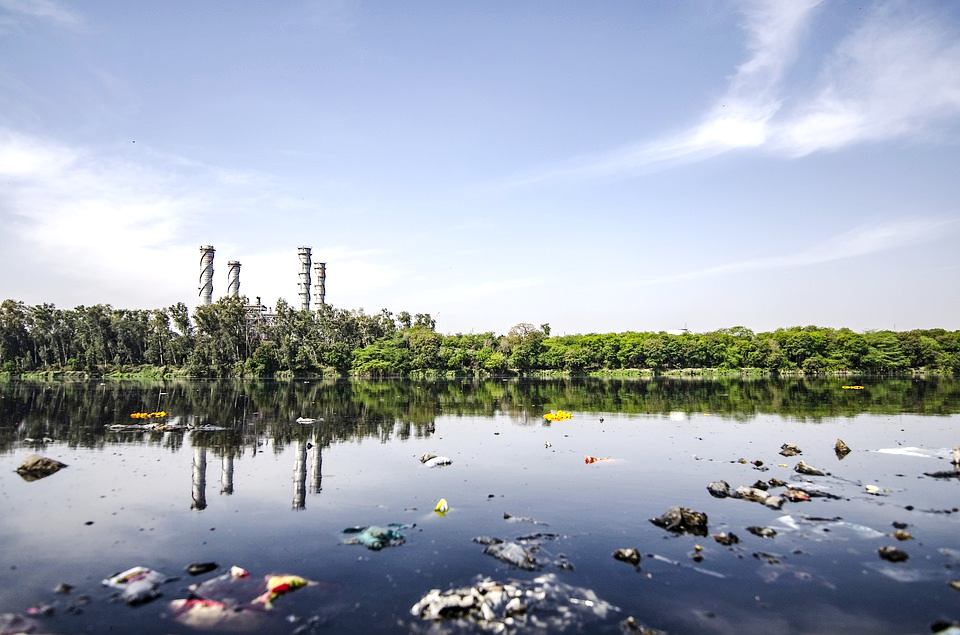
Water, one of the most treasured gifts to human beings, is at high risk of getting over. Around the whole world, where billions of people reside, around 43 countries have areas with acute water shortage. The exponential growth of population, industrialization, urbanization, etc. is continuously putting a strain on the water resources of the earth. The population will rise even more in the coming years, and with more people, the demand for electricity, food, consumer goods, etc. will also increase. But, water is imperative to fulfill all these demands since without water supporting the production and consumption of all these things will not be possible.
The path to addressing the current and future scarcity issues related to water in a way so that there is no damage to the environment is through recycling and reusing wastewater. The process of recycling means treating the wastewater to remove the contaminants present in it. After the filtration of wastewater, you can reuse the recycled water for creating drinking water, irrigating fields, sustain the industrial activities, etc. The purification of wastewater involves adding water to a sewage treatment plant that has bioprocessH2O mbbr systems. These systems help to increase the efficiency and capacity of the sewage treatment plants and help to fasten the process of providing purified water.
The excessive requirement of water by the industry leads to diverting a lot of water from the essential ecosystems. By giving an additional source of water through water recycling and reusing, it can help us find more ways to decrease the diversion of water from sensitive ecosystems. Recycling and reuse of water help to benefit the environment in significant and impactful ways.
You can have a look at the benefits of recycling and reusing wastewater below.
Decrease the Diversion of Freshwater from Ecosystems
Organisms in the sensitive ecosystem like plants, fish, and wildlife are dependent on the water to live and reproduce in their habitats. Due to the lack of adequate water, the diversion towards industrial and urban purposes can deteriorate the quality of water and worsen the health conditions of the ecosystem. If people living in urban areas and working in industries start reusing wastewater for their regular chores, the environment will get a lot of benefits. Therefore, using a reliable source of recycled water can free a good amount of water and this will increase the flow of water to essential ecosystems.
Decreases Discharge to Water Bodies
The urban areas and the industries discharge their wastewater into the lakes, rivers, and oceans. The water bodies become toxic and cause a lot of harm to the organisms living in the water bodies. For the past many years, the constant threat to sensitive water bodies due to the wastewater discharge has killed many microorganisms and animals residing in the water bodies. If the industries and urban households start reusing the wastewater, the threat to the animals and microorganisms will reduce exponentially. This will help in protecting the endangered species and will not make the water toxic to live.
Used to Create Wetlands and Stream Habitats
One of the best ways to reuse recycled wastewater is to create wetlands. Wetlands have many benefits, including wildlife and wildfowl habitat, flood diminishment, fisheries breeding grounds, and the improvement of water quality. The other use of recycled water is in augmenting water flow to the streams that have dried and impaired from water diversion. This method is an excellent way to redeem and sustain the living conditions of the organisms and improve the habitat of the aquatic and wildlife organisms.
Prevents Pollution
The discharge of all the accumulated waste into the water bodies by the urban areas and industries has resulted in a lot of water pollution. The industries and the urban regions discharge pollutants to oceans, rivers, and other water bodies and deteriorate the state of water in them. This causes a lot of damage to the organisms living in these water bodies. If we start reusing the wastewater after recycling it, then we can improve the state of water pollution in these water bodies. The other way in which we can use recycled water is irrigation as the recycled water contains a lot of nutrients like nitrogen when compared to the normal potable water.
Helps to Save Energy
With the growing demand for water, more water extraction and treatment happens. For places which require a lot of energy, they often transport water to those areas. The level of groundwater becomes low due to extraction for places where the local source of water is groundwater. When you start recycling water on-site or nearby, it reduces the energy required for moving water to longer distances.
Recycling helps you in maintaining a good quality of water, which you can easily use for other days to day purposes. If you tailor the water quality to particular water use, it also reduces the energy required to treat water. The quality of water needed to flush the toilet is less rigorous than the water quality, which you require for drinking water, and it also requires comparatively less energy to achieve. Therefore, if you start using recycled water, which is of poorer quality, for purposes that do not require high-quality water, you will not only save energy but also money by lessening treatment demands.
Reuse and recycling of water indeed are very crucial for conserving water in the present scenario. Recycling and reusing wastewater is one of the most efficient methods for conserving water. These methods not only help in saving a scarce resource, but they also have additional benefits for the environment. The reuse of non-potable water is a widely accepted practice that will continue to grow throughout the world.
Written by Emma Gill
About the Author
Emma Gill is a freelance blogger writing for blogs in different verticals. Find her on Twitter.
You may also like
Making Your Home More Sustainable: Our Top Tips
Making Comfortable Choices in Eco-Friendly Furniture
